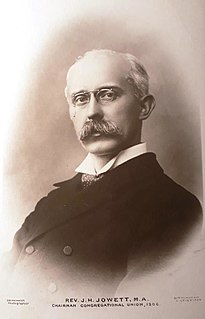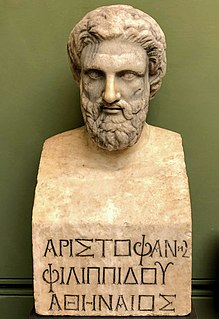A Quote by Joan Robinson
economics limps along with one foot in untested hypotheses and the other in untestable slogans.
Related Quotes
The Lean Startup is a process for turning ideas into commercial ventures. Its premise is that startups begin with a series of untested hypotheses. They succeed by getting out of the building, testing those hypotheses and learning by iterating and refining minimal viable products in front of potential customers.
Big bang cosmology is probably as widely believed as has been any theory of the universe in the history of Western civilization. It rests, however, on many untested, and in some cases untestable, assumptions. Indeed, big bang cosmology has become a bandwagon of thought that reflects faith as much as objective truth.
Certainly it is permitted to anyone to put forward whatever hypotheses he wishes, and to develop the logical consequences contained in those hypotheses. But in order that this work merit the name of Geometry, it is necessary that these hypotheses or postulates express the result of the more simple and elementary observations of physical figures.
Given any rule, however "fundamental" or "necessary" for science, there are always circumstances when it is advisable not only to ignore the rule, but to adopt its opposite. For example, there are circumstances when it is advisable to introduce, elaborate and defend ad hoc hypotheses, or hypotheses which contradict well-established and generally accepted experimental results, or hypotheses whose content is smaller than the content of the existing and empirically adequate alternative, or self-inconsistent hypotheses, and so on.
Economists operate with this image of the homo economicus, the rational economic agent, and while such agents are rare in the wider world, they are common in economics departments. Exemplifying the homo economicus paradigm, economists typically choose their research projects and hypotheses so as to promote their own careers, to maximize their lifetime income. This explains the astonishing pressures toward conformity in academic economics: how deviant views (except those by a few who have already achieved stardom) get crushed by an army of conformists.




































